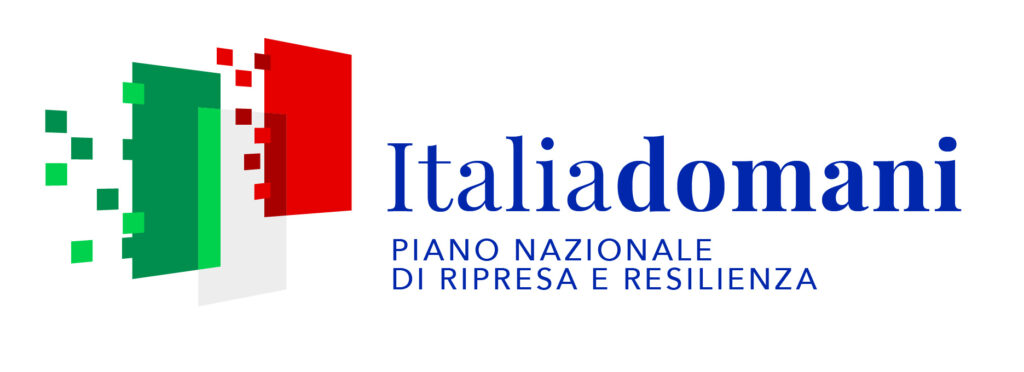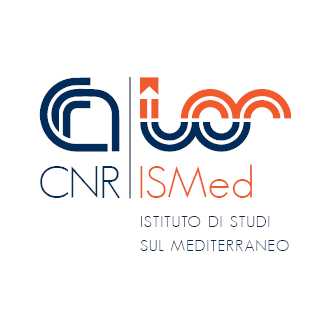REVeRT Relaunching cultural and heritage Experiences through Virtual Reality Tourism



Leader: Università degli Studi di Sassari, principal investigator Prof. Giacomo Del Chiappa
Scientific Responsible of the research unit CNR ISMed: dott.ssa Tommasina Pianese
Responsible Work Package 2: dott.ssa Piera Buonincontri
Project manager RU: dott.ssa Daniela De Gregorio
Partners
- UNIVERSITA’ DEGLI STUDI DI SASSARI (capofila, IT) Prof. Giacomo Del Chiappa
- CNR ISMed (IT) Responsabile scientifico dott.ssa Tommasina Pianese
- UNIVERSITA’ DELLA BASILICATA (IT) Responsabile scientifico Prof. Roberto Micera
- UNIVERSITA’ DI BARI ALDO MORO (IT) Responsabile scientifico Prof. Marco Pichierri
Funding: MUR PRIN2022 Total 250.000,00
Duration: September 2023 – August 2025 (24 months)
Abstract
In the last decade virtual reality (VR) has become one of the most prominent innovations in the tourism industry, mostly exploited to enhance the overall tourist experience. Particularly, historical and heritage attractions, sites and museums have implemented VR to further enrich the physical on-site visit and/or to live the experience remotely. In this context, VR applications have been found to elicit perceived authenticity, sense of enjoyment, tourist satisfaction and future visit intentions. Despite the beneficial effects VR can generate, its penetration in Italian cultural and heritage sites is not high yet, and even when VR-related technologies are implemented, the number of people who use it is not as high as one might expect. Additionally, while recent tourism literature has investigated tourist behaviors and intentions related to virtual experiences, still limited research exists aiming specifically at analyzing the motivations and barriers to virtual reality technologies in the cultural and heritage industry.
By adopting a demand-side perspective, this project aims to investigate the factors that drive and prevent visitors to use immersive and non-immersive VR in their heritage-related experiences. It also aims to examine whether, and the extent to which, a VR-based heritage experience is able to elicit authenticity and to make the experience so memorable to induce satisfaction and positive behavioral intentions.
Project research objectives
- To examine the main motivations that might drive prospective visitors to use the VR in a cultural and heritage tourism experience;
- To identify the main barriers that prevent prospective visitors to use VR technologies in a cultural and heritage tourism experience;
- To shed light on the role and dimensions of the authenticity conveyed by VR technologies in a cultural and heritage virtual tourism experience;
- To determine whether, and the extent to which, the perceived authenticity in VR tourism experiences could affect emotional and cognitive responses and generate the experience memorability and subsequent behaviors.
Keywords: digital transition; authenticity; visitor experience; cultural tourism; heritage tourism
Last update
26 March 2025, 15:58

 CNR – ISMed
CNR – ISMed